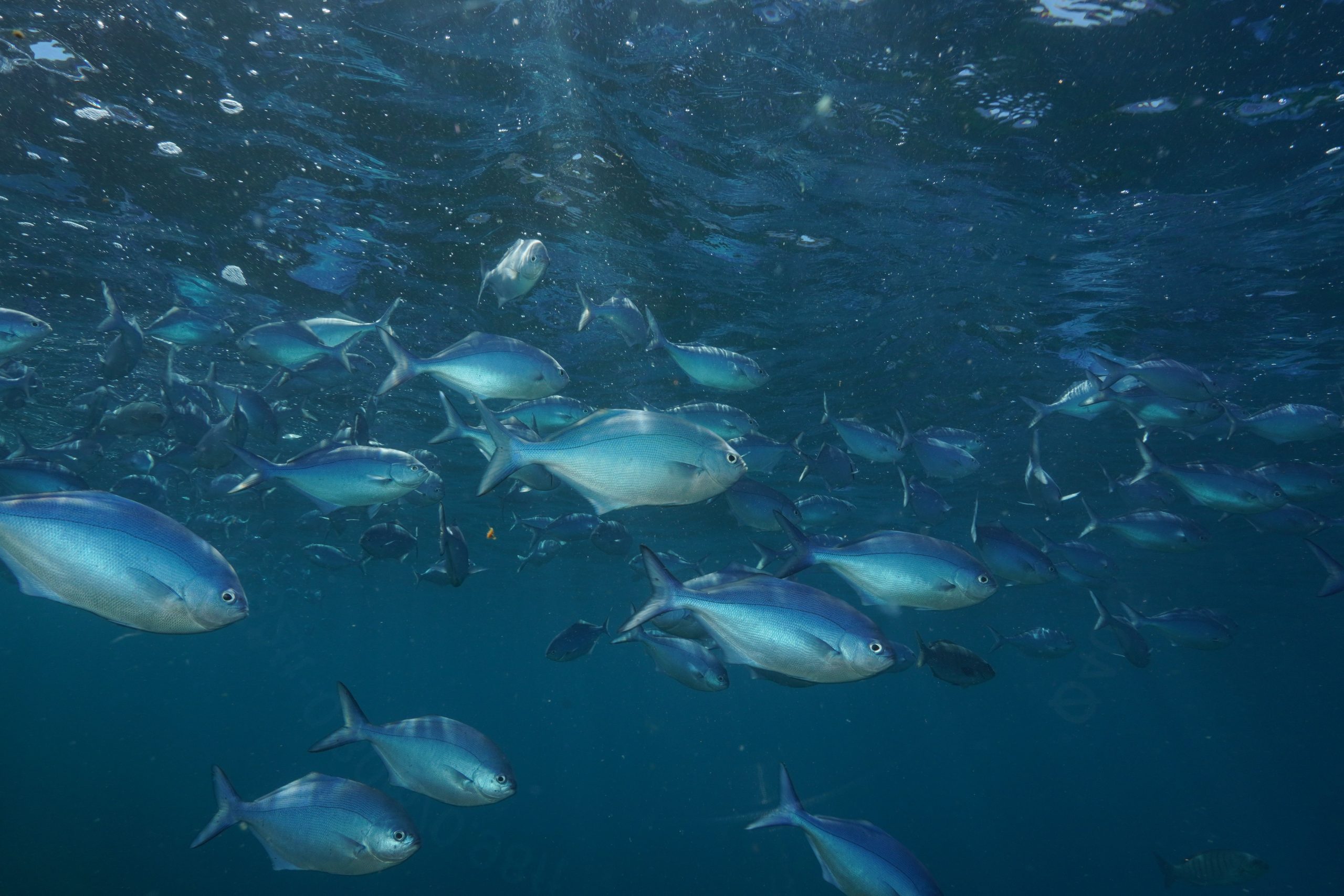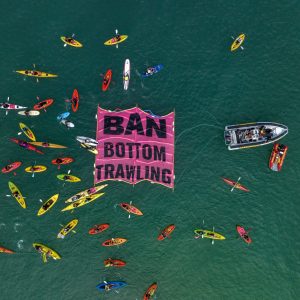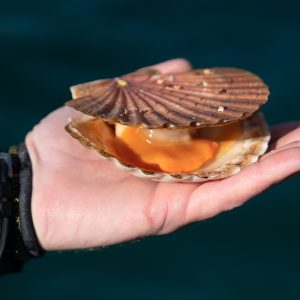Fisheries decisions have dominated the news over the past month. Many of us at LegaSea are still scratching our heads. The government needs to get serious about restoring the Hauraki Gulf. This starts by removing trawling and dredging so we can rebuild fish populations.
Science has unequivocally proven the damage that trawling and dredging does to the marine ecosystem. To reinforce this, after decades of dredging, the Coromandel scallop fishery has collapsed and all the businesses reliant on this natural capital are gone.
Knowing the long term environmental and economic risks, it’s incredible the Minister for Oceans and Fisheries, Rachel Brooking, announced the government’s support for the Fisheries Industry Transformation Plan.
This Plan proposes using taxpayer funding to build bigger boats that can tow heavier bottom trawl gear. The lifespan of fishing vessels is 30 to 40 years. Minister Brooking has effectively locked New Zealand into another lifetime of trawling and dredging.
This was a missed opportunity to transition away from bottom trawling into more selective techniques such as longlining. Afterall, 84% of Kiwis want trawling removed from places like the Hauraki Gulf Marine Park.
Then, there was the hotly debated Revitalising the Gulf fisheries plan. After 10 years of discussion, it’s simply a plan to maintain the status quo. Deeply disappointing given that destructive fishing methods and overharvest are two of the biggest contributors to the declining health of the Marine Park. The 19 new protected areas resemble a band-aid on a broken arm.
High protection areas with customary harvest might appease conservationists and respect Treaty rights, however, they don’t address depletion issues. Recreational and commercial boats have engines, and these pressures will simply be displaced – people will fish elsewhere. HPA’s are nice in theory but the number of fish harvested will not decrease and the same destructive fishing methods are still being used, just somewhere else.
These announcements feel more like a veiled attempt to win votes than make a tangible change to restore our coastal fish populations.
Trawling and dredging are the most economically viable way to fish and the quota owner’s primary interest is to make money. There’s no incentive to change. To protect their property rights quota owners will continue to aggressively lobby the Minister and Ministry for Primary Industries (MPI). With last month’s decisions, it just reinforces the notion that fisheries management in this country has been captured by the corporates.
Why do these decisions continue to happen? It’s simple. Under the Quota Management System, the government gave away the rights to commercially harvest fish, with that went the control. Now, quota is a private asset held largely by corporations. The quota owner has rights. The environment has none.
To remedy this, we need to start the discussion about an alternative Quota Management System. Reform begins with buying back quota and re-establishing a new regime that prioritises our marine environment before the interests of the private sector.





